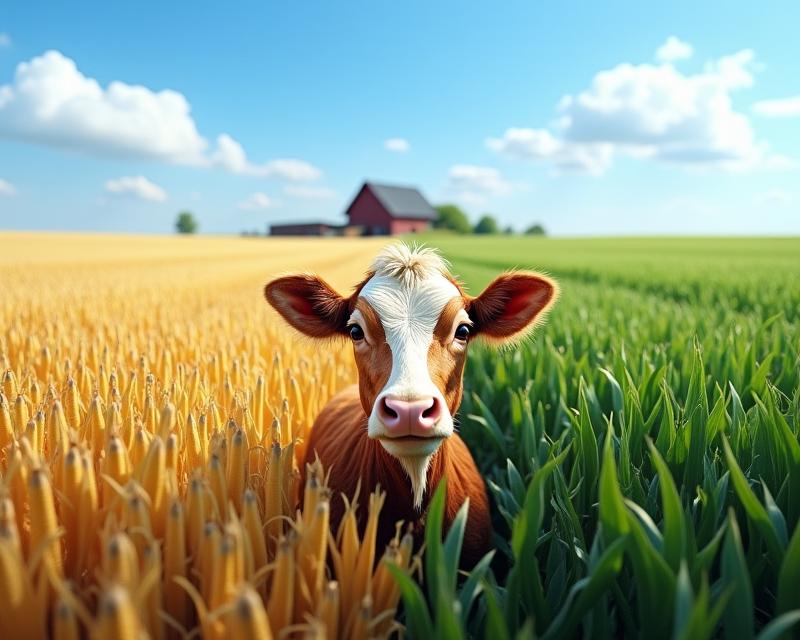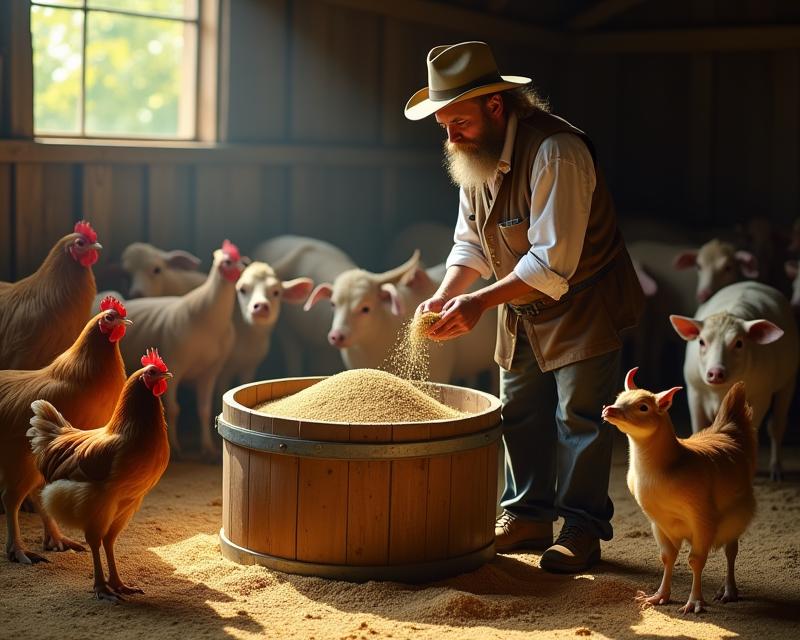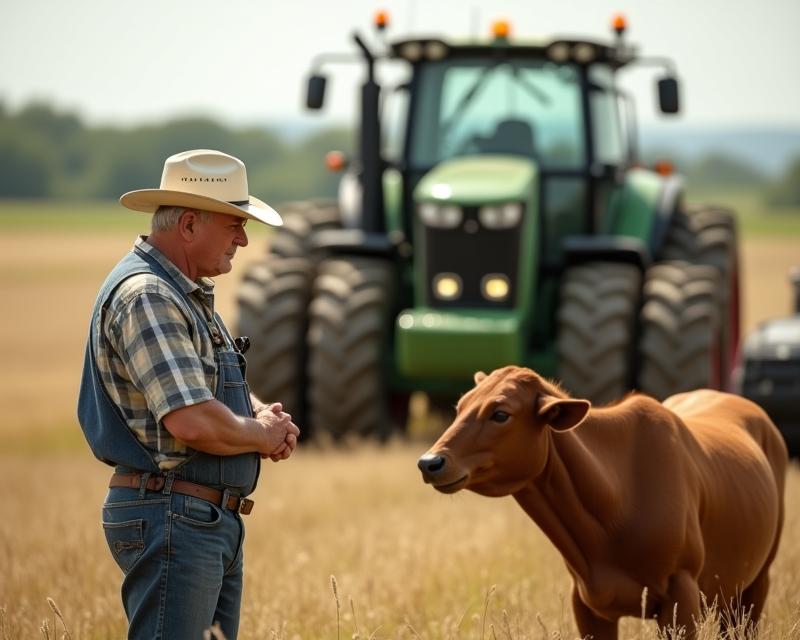Corn vs. Soybeans: Profitability Showdown
Publish in Farm Business el 01/07/2025 02:56
Corn vs. Soybeans: Which Offers Better Returns for Midwest Farmers
Hey everyone! As Midwest farmers, we're always looking for ways to maximize our profits. A big question on many minds is: should we plant corn or soybeans? Both are staples, but which one consistently delivers the best returns? It's not a simple answer, as market conditions fluctuate, but let's break down the factors to consider.

Understanding the Market
The price of corn and soybeans is heavily influenced by global demand, weather patterns, and government policies. Corn is often used for animal feed, ethanol production, and exports, while soybeans are used for oil, meal (animal feed), and exports. Keep a close eye on these market trends! A strong demand for one crop can significantly boost its profitability. Consult with your agricultural economist or local extension office for the latest market forecasts.
Production Costs: A Key Factor
Production costs vary between corn and soybeans. Corn generally requires more inputs – fertilizer, pesticides, and often more intensive management – leading to higher upfront expenses. Soybean production can be more cost-effective in some regions, especially with no-till farming practices. Consider your existing equipment and expertise when evaluating costs. Also, factor in fuel costs, which can significantly impact your bottom line.
Yields and Potential Returns
Yields can fluctuate year to year based on weather and soil conditions. Historically, corn has often yielded higher bushels per acre than soybeans. However, soybean yields have been steadily increasing thanks to improved genetics and farming techniques. Ultimately, the higher yield potential of corn doesn't always translate to higher profits if the price per bushel is lower. It's crucial to calculate your potential revenue based on projected yields and current market prices.
The Bottom Line: A Balanced Approach
There's no one-size-fits-all answer. The best choice depends on your specific farm, location, and risk tolerance. Diversification is often a smart strategy. Consider planting both corn and soybeans to spread your risk and capitalize on favorable market conditions for either crop. Careful planning, cost management, and staying informed about market trends are essential for maximizing profitability in either corn or soybean production. Don't hesitate to reach out to your local agricultural experts for personalized advice!
- Monitor market prices closely.
- Calculate your production costs accurately.
- Consider diversification for risk management.
- Stay informed about new farming technologies.





